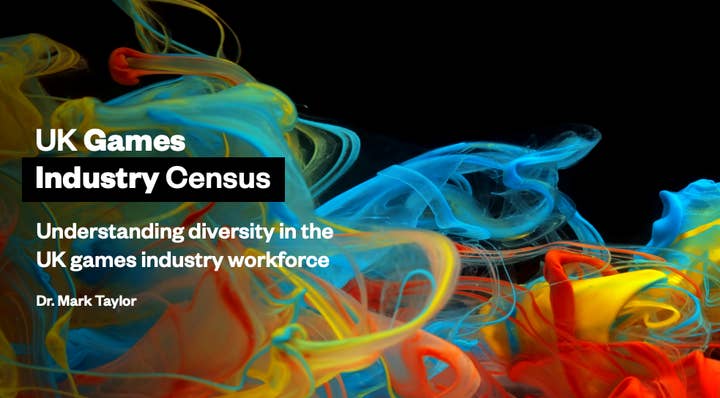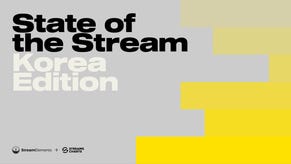UK games industry still predominantly young, white, and male
Only 10% of the workforce wants to go back to an office full time, latest UKIE games industry census found
At a glance:
- UK games industry 90% white, 67% male
- 52% of the workforce favours hybrid office/remote working system in the future
- Mental health issues on the rise compared to pre-pandemic levels
Trade body UKIE has published its second UK Games Industry Census, and found that industry workers in the country still remain overwhelmingly young, white, and male, much like it noted in 2020.
The census, written by Dr Mark Taylor, senior lecturer at the University of Sheffield, is based on responses from over 3,600 people working in the UK games industry, collected in autumn 2021. This is up from 3,200 respondents in 2020 and UKIE's first industry census, and represents around 15% of the country's games workforce.
The report spans a wide array of statistics, including the evolution of the workforce's demographics, attitudes towards the workplace, the impact of the pandemic, mental health, and more.
Looking at demographics, the stats haven't changed much compared to 2020. A majority (61%) of the games workers who took part in the survey were 35 or younger, compared to around 66% in 2020. The games industry is much younger than the overall UK workforce, with only 33% of the UK workforce being 35 or younger.
When identifying their ethnic group, 66% of the respondents said White British and 24% chose 'White Other'. 2% selected Mixed/multiple ethnic groups, 2% Black, 5% Asian, and 2% other ethnic groups.
"Together, this means that the percentage of people working in games whose ethnicity is either Mixed/multiple, Black, Asian, or Other is lower than the equivalent figure in the working-age population, which is 14.4%," Dr Mark Taylor noted.
This didn't represent a significant evolution compared to 2020, where around 10% of the UK games industry workforce were non-white.
Looking at nationalities, 71% of the UK games industry workforce is British, 20% comes from the EU/EEA and 9% from the rest of the world.
In terms of gender, there was a very slight progression compared to the last census, with 67% of the workforce identifying as men, 30% as women and 3% as non-binary or another gender. In 2020, 70% of the UK games workers were men, 28% women and 2% non-binary or another gender.
However, this is still much lower than the national average, where women represent 48% of the workforce.
The census estimated that around 4% of the people working in the UK games industry are trans, as that's the percentage of people who answered yes to the follow up question: "Is [your gender] the same as the gender you were assigned at birth?"
When it came to sexuality, 76% of the respondents said they were heterosexual, 12% bisexual, 5% lesbian/gay, 3% queer, 2% asexual, and 1% pansexual. As a comparison, 93.7% of the UK population identifies as straight, and only 1.1% as bisexual.
"These differences can be partly explained by the fact that people working in games are, on average, younger than the adult population," Taylor noted.
UK game industry workers still mainly come from a middle class background, with 61% of the respondents saying their social background is "managerial/professional." 82% of the UK games industry also has at least an undergraduate degree.
Attitudes towards the workplace is where things have changed the most over the past two years, due to the COVID-19 pandemic.
Prior to the health crisis, only 9% of the UK workforce worked from home and 7% had a hybrid system. When UKIE conducted its census, 80% of the respondents were working from home and 11% followed a hybrid remote working/hybrid system.
"When asked what people would like to do in the future, 52% said they would prefer a mix of both working in the office and from home, while 38% responded that they would prefer to work from home exclusively," Taylor wrote. " Just 10% responded that they'd prefer to work primarily from the office."
Finally, looking at mental health issues in the UK games industry workforce, 38% of the workforce reported having either anxiety, depression, or both, versus 31% in 2020.









